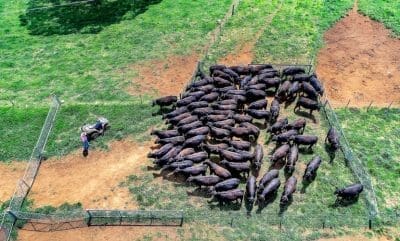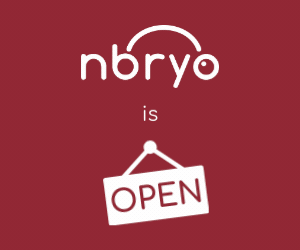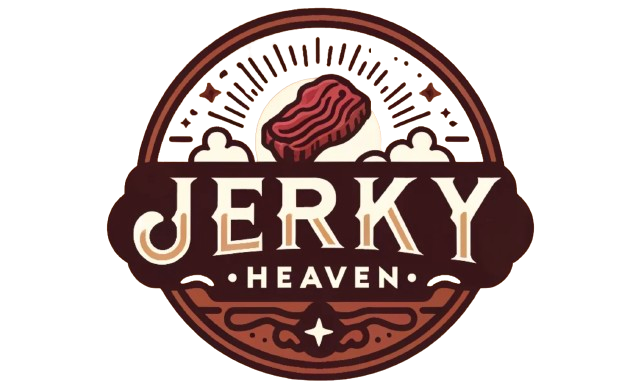
NEW Zealand agtech startup Ruminant BioTech has been awarded a $3.5 million Australian Authorities grant below the Methane Emissions Discount in Livestock (MERiL) program, focussed on the corporate’s sluggish launch bolus product.
Ruminant BioTech’s enterprise, devoted decreasing methane emissions from ruminant animals, has performed in depth laboratory and animal discipline exams on its slow-release bolus product, which sits in a cow’s abdomen and delivers a constant, sustained dose of a naturally occurring natural compound, claimed to cut back methane output from cattle by greater than 80 p.c.
 The corporate’s methane discount expertise is particularly designed for pasture-based grazing the place feed-based various options are impractical.
The corporate’s methane discount expertise is particularly designed for pasture-based grazing the place feed-based various options are impractical.
In contrast with outcomes from different methane-reducing expertise within the discipline, the Ruminant BioTech resolution has one of the best ends in methane mitigation globally, the corporate claims.
The energetic ingredient within the product is a synthetically produced, naturally occurring compound referred to as tribromomethane (TBM), carefully associated to bromoform – the energetic ingredient in asparagopsis seaweed. An analogous compound has been developed by Western Australian feed additive producer, Rumin8, to be used in intensive livestock feeding purposes.
Analysis research (click here to access) have discovered that bromoform, administered in very low doses, shouldn’t be bioavailable at measurable ranges in meat samples. Therefore the danger of residue switch or toxicity in livestock and people will probably be minimal, analysis has demonstrated.
In an announcement, Ruminant BioTech chief govt Tom Breen mentioned his firm had been engaged on its expertise for the previous three years and believed that its product – which is focusing on 80pc methane discount over six months from a single rumen bolus utility – can dramatically scale back greenhouse fuel emissions from the livestock sector.
“We’re excited to be doing this in Australia and hope to provide Australian and New Zealand farmers a aggressive benefit within the race to low carbon farming,” he mentioned.
 Key actions in Ruminant BioTech’s MERiL-funded venture will embrace managed cattle trials carried out on the College of Sydney and deployment of the bolus in industrial cattle backgrounding operations.
Key actions in Ruminant BioTech’s MERiL-funded venture will embrace managed cattle trials carried out on the College of Sydney and deployment of the bolus in industrial cattle backgrounding operations.
Collectively, these will consider methane discount effectiveness, security and productiveness, in addition to offering helpful insights into components influencing adoption. The final word aim is to organize the expertise for commercialisation in Australia.
The venture may also ship key metrics to tell the Division of Local weather Change, Vitality, the Setting and Water’s (DCCEEW) Livestock Emissions Framework for Feed Applied sciences and the Nationwide Greenhouse Gasoline Stock.
Mr Breen mentioned the corporate anticipated to ship a commercially-ready methane-reducing bolus by the top of the MERiL venture in 2025.
“The info we collect will probably be important for fostering market confidence in our expertise amongst producers and business stakeholders, paving the way in which for its industrial launch within the Australian market in 2025,” he mentioned.
Methane emissions from livestock are the biggest supply of greenhouse fuel within the agriculture sector and make up round 10 per cent of Australia’s complete annual emissions.
- Beef Central published this item on one other third-round MERiL funding recipient yesterday, focussed in methane-reducing components infused into cattle lick blocks.
Trending Merchandise










